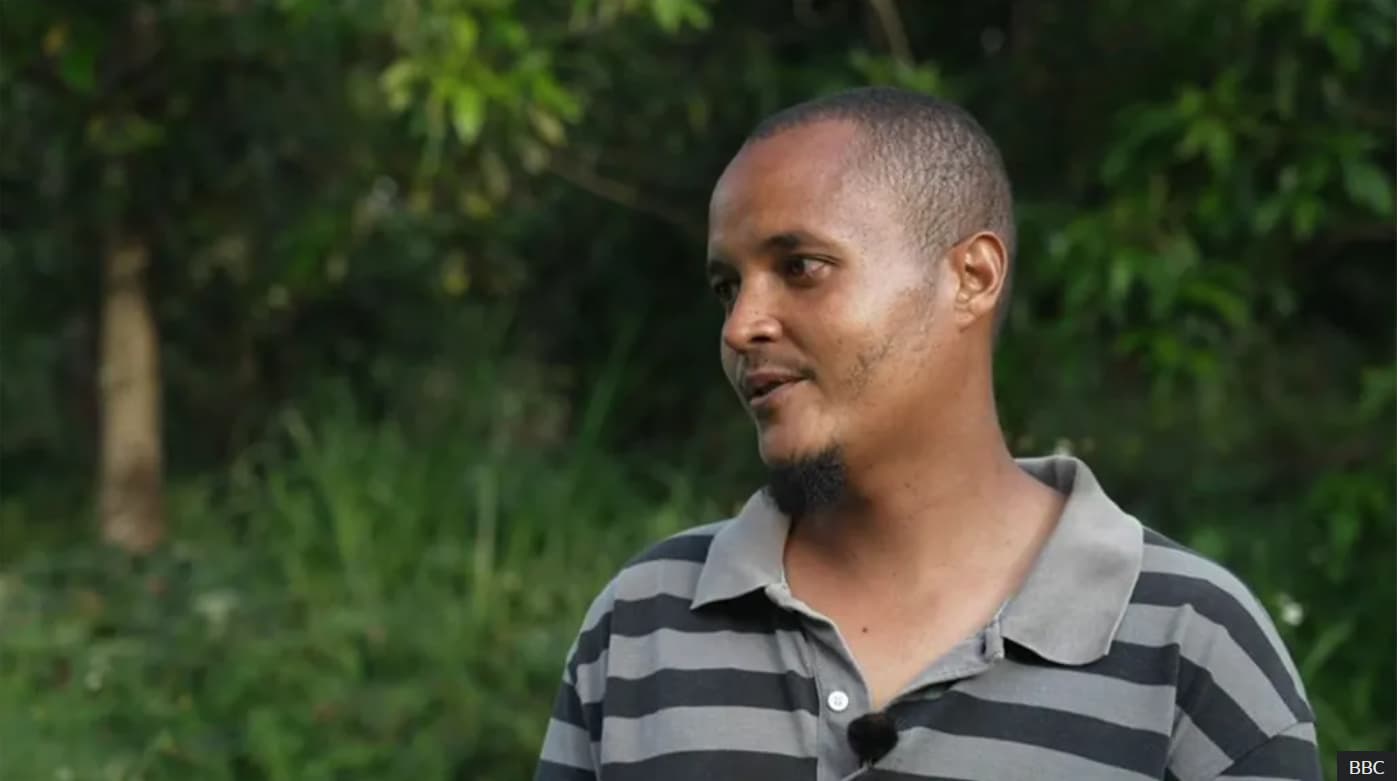We're loading the full news article for you. This includes the article content, images, author information, and related articles.
Seven Kenyans have successfully used commercial DNA databases to prove paternity against British soldiers in a landmark UK court ruling, opening avenues for citizenship and support.

Seven Kenyan individuals have achieved a significant legal victory in a London Family Court, successfully proving paternity against British men, including six soldiers stationed at the British Army Training Unit Kenya (BATUK) and one civilian contractor. The ruling, delivered on October 3, 2025, marks the first time publicly available commercial DNA databases have been accepted as evidence for paternity in a UK court, setting a crucial precedent for similar cases.
The claimants, represented by British solicitor James Netto and geneticist Denise Syndercombe Court, utilized a project that collected DNA samples and testimonies from individuals in Kenya's Nanyuki region, where the largest British military base in Africa is located. By cross-referencing these samples with commercial DNA databases, the legal team identified matches with family members in the UK. This breakthrough now allows the seven Kenyans to pursue British citizenship and other legal rights associated with formal parental recognition.
For many families, this decision brings an end to a long and challenging journey, providing answers to long-held questions about their paternal heritage. The UK Ministry of Defence, while acknowledging paternity claims against service personnel as a 'private life issue,' has stated its cooperation with local child support authorities.
In a separate but equally significant development, the Kenyan government has announced a 'whole-of-government' approach for the nationwide rollout of the National Youth Opportunities Towards Advancement (NYOTA) program. President William Ruto confirmed this measure on October 3, 2025, emphasizing its aim to guarantee smooth and transparent implementation of the KSh 5 billion initiative.
The NYOTA program, a five-year initiative supported by the World Bank, seeks to address youth unemployment, expand income-generating opportunities, and foster a culture of savings and entrepreneurship among young Kenyans. It targets 820,000 vulnerable youth aged 18-29 across all 47 counties, with an age extension to 35 for persons with disabilities, who have a Form 4 level of education or below.
As part of this comprehensive approach, Principal Secretaries are scheduled to be deployed to all 47 counties on Monday, October 6, 2025, to sensitize governors, Members of Parliament, Members of County Assemblies, and local administrators about the program. This coordination aims to ensure inclusivity and effective delivery at the grassroots level.
The NYOTA program encompasses several key interventions:
The program is designed to support 100,000 young people nationwide, with 70 beneficiaries drawn from each of Kenya's 1,450 wards. The Micro, Small and Medium Enterprises (MSME) PS Susan Mang'eni highlighted the project's gender-inclusive nature, with an emphasis on 50-50 gender parity.
The paternity ruling could open the door for hundreds of similar claims from other individuals in Kenya who believe they were fathered by British servicemen, potentially leading to increased legal and financial obligations for the UK Ministry of Defence. For the NYOTA program, while the 'whole-of-government' approach aims for transparency and inclusivity, effective coordination across multiple government levels will be crucial to avoid bureaucratic hurdles and ensure equitable distribution of benefits. Clarity on timelines, costs, and safeguards will be essential for public trust and successful implementation.
The coming weeks will be critical for the NYOTA program as Principal Secretaries engage with county leadership and local communities to sensitize them on the initiative. The effectiveness of this 'whole-of-government' approach in ensuring transparent and inclusive implementation will be closely monitored. Additionally, the long-term implications of the UK court's paternity ruling, particularly regarding potential further claims and the response from the British Ministry of Defence, will be a significant area of focus.
Keep the conversation in one place—threads here stay linked to the story and in the forums.
Sign in to start a discussion
Start a conversation about this story and keep it linked here.
Other hot threads
E-sports and Gaming Community in Kenya
Active 9 months ago
The Role of Technology in Modern Agriculture (AgriTech)
Active 9 months ago
Popular Recreational Activities Across Counties
Active 9 months ago
Investing in Youth Sports Development Programs
Active 9 months ago